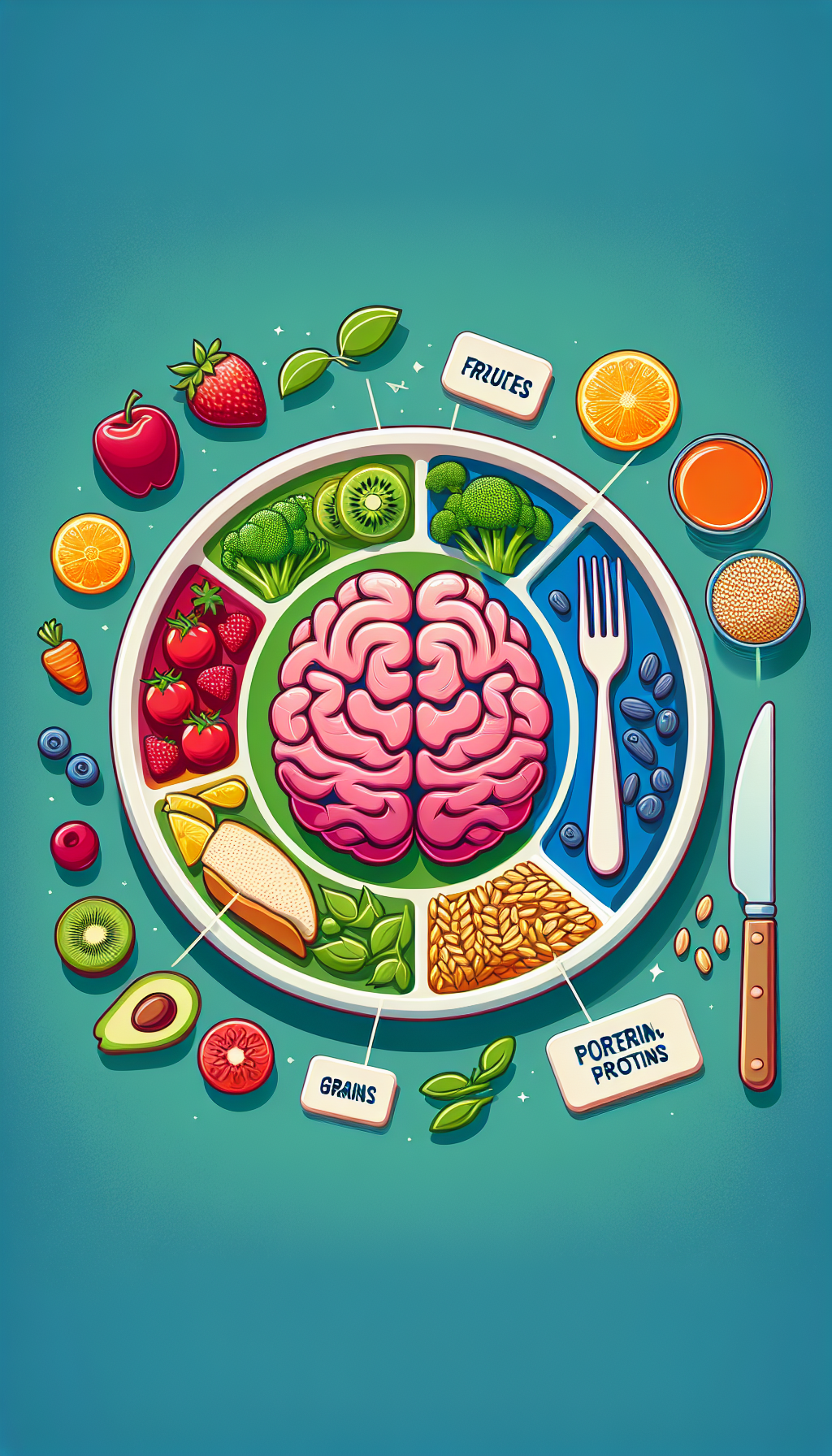Depression is a multifaceted mental health disorder affecting millions worldwide. While antidepressants are a common treatment, their efficacy can vary greatly among individuals. Enhancing the effectiveness of these medications is a complex endeavor, requiring a nuanced understanding of pharmacology, patient-specific factors, and complementary health strategies.
The Role of Antidepressants
Antidepressants work by altering the neurochemical landscape of the brain, primarily targeting serotonin, norepinephrine, and dopamine. These neurotransmitters are critical in mood regulation, but the precise mechanisms by which antidepressants ameliorate symptoms of depression are still being researched.
Despite advances in pharmaceutical treatments, not all patients respond to the first antidepressant prescribed. This can be due to a variety of factors, including genetic differences, the presence of co-existing medical conditions, lifestyle factors, and medication adherence.
Personalizing Antidepressant Therapy
Personalizing treatment plans is key to enhancing the efficacy of antidepressants. This involves careful selection of the medication type, dosage, and treatment duration based on individual patient profiles. Pharmacogenetics, the study of how genes affect a person’s response to drugs, is a promising field that could allow for more targeted and effective antidepressant therapies.
Complementary Strategies
In addition to personalization, there are several strategies that can complement antidepressant therapy:
Nutritional Support
A well-balanced diet is fundamental for overall health and can influence the effectiveness of antidepressants. Certain nutrients have been found to have a positive impact on brain health, such as omega-3 fatty acids, which may enhance mood and cognitive function. Understanding the impact of vitamins on brain health and cognition is an excellent starting point for patients looking to support their antidepressant treatment through nutrition.
Exercise
Regular physical activity is known to improve mood and reduce symptoms of depression. Exercise can act synergistically with antidepressants to enhance their effect. For those looking to integrate fitness into their treatment plan, our article on fitness offers valuable insights.
Sleep Hygiene
Quality sleep is crucial for mental health. Poor sleep can exacerbate depressive symptoms and potentially diminish the efficacy of antidepressant medications. Patients should be educated on the importance of good sleep hygiene as a complementary strategy.
Psychotherapy
Combining antidepressants with psychotherapy can be more effective than medication alone. Cognitive-behavioral therapy, in particular, has a robust evidence base for treating depression.
Mindfulness and Stress Reduction
Mindfulness meditation and stress-reduction techniques can be powerful tools in managing depression. These practices can help patients become more aware of their thoughts and feelings and develop healthier responses to stress.
Medication Adherence
Ensuring that patients adhere to their prescribed medication regimen is vital. The importance of medication adherence in chronic disease management cannot be overstated, as it significantly impacts treatment outcomes.
Addressing Comorbid Conditions
Depression often coexists with other medical conditions, such as cardiovascular or metabolic diseases. Proper management of these conditions is critical, as they can influence the effectiveness of antidepressant medications. For more on maintaining cardiovascular health, see our dedicated article on cardiovascular health.
Adjunctive Therapies
In some cases, conventional antidepressants may be supplemented with other medications to enhance their efficacy. This can include the use of atypical antipsychotics, mood stabilizers, or other classes of antidepressants.
Alternative and Complementary Medicine
Interest in alternative therapies is growing, and some patients seek out herbal remedies, supplements, or acupuncture. It’s essential to have a clear understanding of the potential interactions and side effects of these treatments. Our resource on understanding drug interactions with herbal remedies provides essential information regarding this subject.
External Resources for Further Information
For those interested in exploring the science behind pharmacogenetics and personalized medicine further, consider visiting these external resources:
- Mayo Clinic’s Overview on Pharmacogenomics
- The National Institute of Mental Health’s Page on Depression
- The International Society of Psychiatric Genetics
Conclusion
Enhancing the efficacy of antidepressants is not a one-size-fits-all solution. It requires an integrated approach that considers the unique characteristics of each individual. By combining personalized medicine, complementary health strategies, and lifestyle modifications, patients can optimize their treatment outcomes.
Remember, while the strategies discussed here offer potential ways to enhance the efficacy of antidepressants, they should not replace professional medical advice. Always consult with a healthcare provider before making any changes to your treatment plan.



